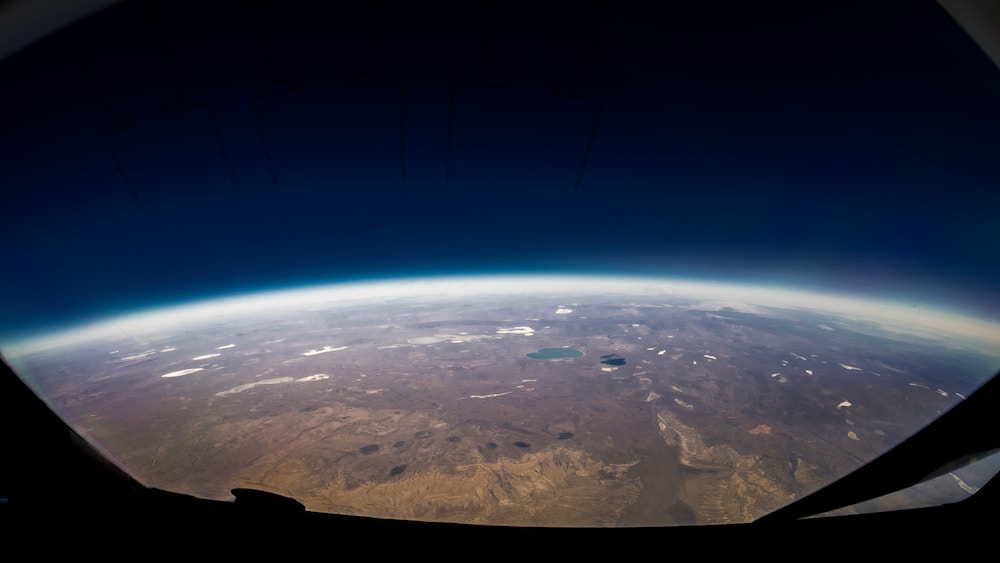New Collaboration Aims to Launch Parkinson’s Disease Research Into Space

Four organizations are teaming up with the goal of studying two neurodegenerative diseases — Parkinson’s disease and primary progressive multiple sclerosis — in space.
Researchers from the Summit for Stem Cell Foundation labs in California and the New York Stem Cell Foundation Research Institute in New York will conduct the study, which will be the first long-term cell culture experiment in space focused specifically on finding a treatment for neurodegenerative diseases.
Space Tango is organizing the engineering support needed to transport these cells and ensure they survive the trip to their final destination at the International Space Station. The National Stem Cell Foundation is providing the funding for the endeavor.
These research findings “may fundamentally alter our understanding of how and why neurodegeneration occurs,” Paula Grisanti, chairman and CEO of National Stem Cell Foundation, said in a press release.
As part of the project, cells from individuals with Parkinson’s disease or primary progressive multiple sclerosis will be sent to the International Space Station to study interactions between cells in microgravity, a condition of very weak gravity where all gravitational forces that cells are normally subjected to on Earth will no longer be in play.
The project is aimed at developing advanced human cell models of Parkinson’s disease and primary progressive multiple sclerosis using induced pluripotent stem cells (iPSCs) derived from patients with Parkinson’s disease and primary progressive multiple sclerosis.
iPSCs are derived from either skin or blood cells that have been reprogrammed back into a stem cell-like state, which allows for the development of an unlimited source of any type of human cell needed for therapeutic purposes.
Ask questions and share your knowledge of Parkinson’s Disease in our forums.
By collaborating across various research institutions, researchers will convert these iPSCs into several types of brain cells and 3D masses called organoids. Organoids are small, self-organized 3D structures derived from stem cells, which can replicate a lot of the complexities of an organ.
Remarkably, these organoids of a human brain will also encompass microglia — the immune cells of the brain — which will also be derived from iPSCs using a protocol from the New York Stem Cell Foundation.
This will be beneficial as microglia are known to have a major role in regulating inflammation by migrating into damaged areas of the brain that have been shown to be involved in Parkinson’s disease, multiple sclerosis, and other neurodegenerative diseases.
“NYSCF [The New York Stem Cell Foundation] is committed to pursuing the most inventive approaches to disease research,” said Susan L. Solomon, CEO of NYSCF. “We are excited to combine our stem cell technology expertise with groundbreaking advancements in aerospace and biological engineering to further the understanding of diseases with a major unmet need.”
Once developed, these 3D human brain models will be taken to the space station where researchers will study how microgravity affects organoid assembly and the migratory properties of microglia during neuroinflammation.
“This is a unique opportunity to study the behavior of neural cells under zero gravity. I’m excited about the project and look forward to learning the results of the experiment,” said Jeanne Loring, PhD, senior science adviser at the Summit for Stem Cell Foundation.
“We are excited to participate in this pioneering phase of biological research in space,” said Valentina Fossati, PhD, New York Stem Cell Foundation’s senior research investigator. “This project will optimize procedures for conducting experiments in microgravity and leverage the power of stem cells and organoids to better understand cell-cell interactions within the brain.”
The pilot launch will be conducted this fall, and the full launch to the space station is expected to occur in May from Cape Canaveral, Florida.
“This is a powerful and unique alliance that makes it possible to envision the next important breakthroughs in healthcare and technology happening off the planet,” said Kris Kimel, co-founder and chairman of Space Tango, a company that specializes in making microgravity more accessible for research and commercial purposes.






